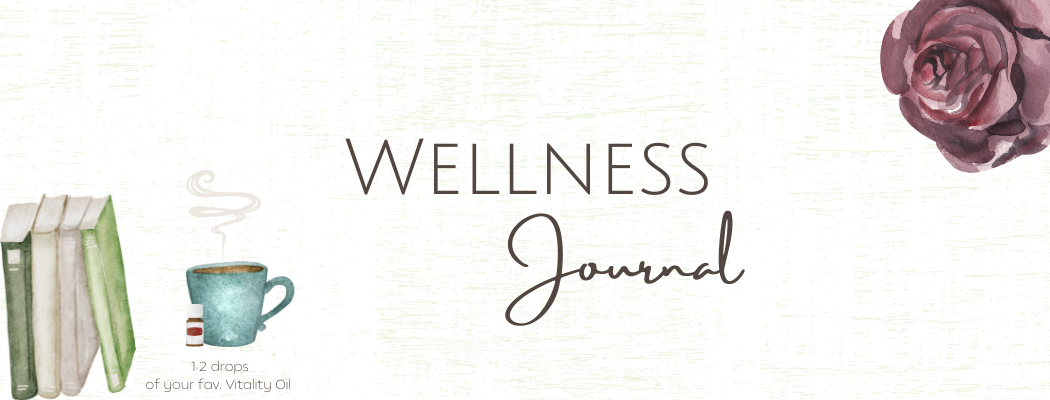
sleep
No blog posts.
About Me
I used to struggle with severe hip pain. It was the kind of discomfort that made everyday tasks a challenge. Having tried everything as a massage therapist and yoga instructor... I felt lost, unsure of how to find relief. Then, I discovered how perimenopause affects the muscles and joints of women. This realization changed everything in my approach. I learned that these hormonal changes were a big part of the pain I was experiencing.
With this new understanding, I started to make small changes to support my body. Gradually, I noticed improvements. This journey led me to a new passion. Now, I help people who are amidst hormonal changes. I want to share what I've learned to make your journey through similar challenges a little easier!
If that’s you, get in touch—I’d love to help.


